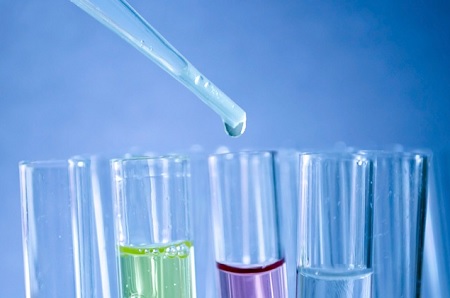Device that Mimics Developing Brain Will Help Test Drug Effects

Animals have been extensively used to test the effects of toxins on the brain. But now, a group of scientists at the University of Wisconsin-Madison has recently developed a new model composed of Jell-O-like substance (polyethylene glycol hydrogel), human neural stem cells, endothelial cells and mesenchymal stem cells (to account for the vascular component), and microglia/macrophage precursors (to account for immune cells) to recreate the cellular interactions occurring within the developing human brain. Importantly, by testing five known toxins and five safe chemicals, this model was found to predict chemical effects with 90 percent accuracy (9 of 10 chemicals were correctly classified in a blinded trial). This model represents a cost-effective and human relevant approach for assessing chemical safety in vitro.
References
- Schwartz MP, Hou Z, Propson NE, et al. Human pluripotent stem cell-derived neural constructs for predicting neural toxicity. Proc Natl Acad Sci U S A. Published online September 21, 2015.








